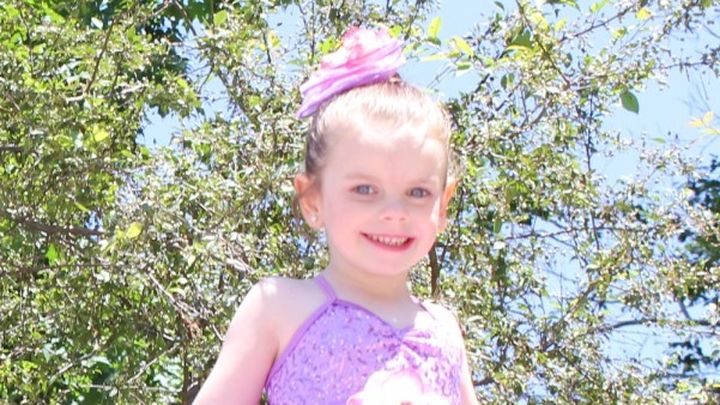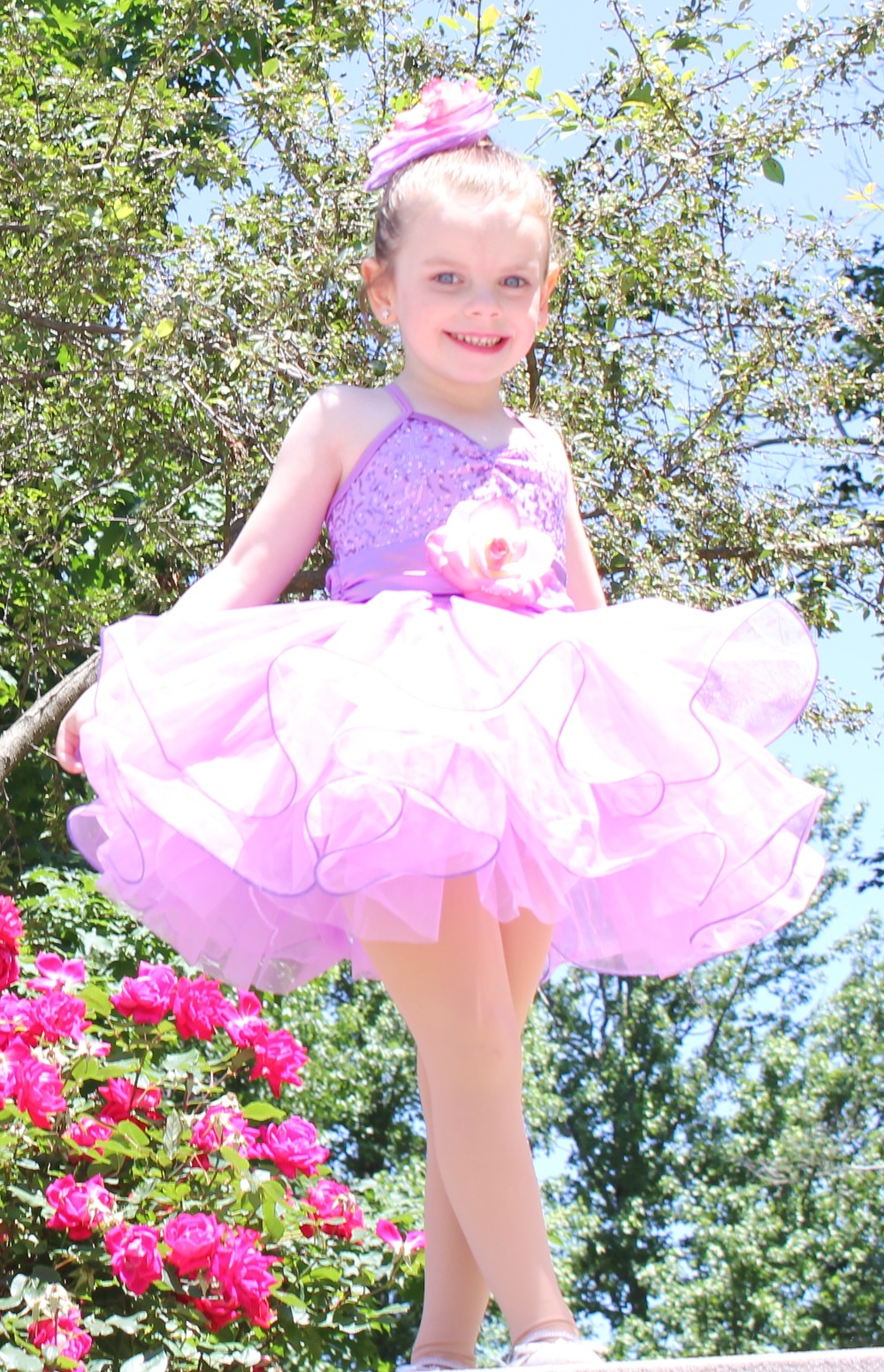
Kayla Life Fund
Donation protected
Our 5 year old daughter, Kayla, was born with Situs Inversus which also gave her a life threatening disease known as Primary Ciliary Dyskinesia (PCD). PCD in a person with Situs Inversus is also known Kartagener Syndrome. A little further down on this page I’ll go into detail on this disease.
Right now (and for the rest of her life) Kayla’s treatment consists of her waking up in the morning and taking an Albuterol nebulizer followed by another nebulizer of Sodium Chloride 7% and then she has to wear a vibrating vest for 20 minutes. She also has to do this same process at night before bedtime. This is an everyday routine. When she is sick (which is a lot) she has to do this process 3-4 times a day. Kayla also has to do daily sinus washes and take saline spray daily. There are also other PT and breathing exercises we have to do with her daily. It’s a lot of work, but our daughter means everything to us. We are really lucky that she acts very mature for a 5 year old, but sometimes like any child she can get cranky from going through so much on a daily basis.
Another part of her daily routine NEEDS TO BE her taking a 3rd nebulizer 2 times a day called TOBI or Tobramycin 300mg (Inhalant Nebulizer). This medication will help minimize flare-ups from the infections that Kayla will have in her lungs for the rest of her life. This medication will slow down the lung disease which is killing our daughter. It will help add many years on her life. Without it her life will be cut short.
Kayla already spent a week living in the hospital this past summer. She actually spent her 5th birthday in the hospital. She was also hooked up to strong antibiotics through an IV PICC line for 3 weeks. While at the hospital Kayla was also put under anesthesia (her 3rd time) and had a bronchoscopy done. This inevitability will happen throughout her life. It could happen once a year or several times a year. The TOBI medication will help minimize this. She has also had eartubes put in because it is the only way to drain them due to the PCD. At 5 years old she has seen the inside of doctor’s offices and hospitals more than both me and my wife combined for our entire lives.
The insurance companies will not approve the TOBI (Tobramycin 300 mg) which her life depends on. The outright cost for this medication that our daughter, Kayla’s life depends on costs between $4,000-$5,000 a month. She needs to take it every other month for the rest of her life. 6 months a year = $24,000-$30,000/a year. This also doesn’t include all of the other medical bills that insurance doesn’t pick up. This is just the big one. The important one that Kayla’s life depends on.
To get Kayla through the next 20 years of her life (25 years old) it would cost $600,000. She would still need the medicine for the rest of her life which could be as much as $2 million (lifetime). I don't like the fact of asking other people for money, but it's money that's going to save my daughter's life. We appreciate any help that can be given weather it's a donation, simply sharing this fund, or both.
If we ever win the battle with the insurance companies we will use any leftover funds to help other families who are going through similar situations.
Here's some info. on her disease:
Primary Ciliary Dyskinesia (PCD) is a genetic (inherited) disorder of the structure and/or function of cilia—tiny, microscopic moving structures that line the airways, ears, sinuses and some other structures. The sweeping, wave-like motion of cilia is important for keeping these areas clean and free from infection. Without properly functioning cilia, people with PCD are unable to protect their respiratory system. Frequent infections of the lungs, ears, throat, and sinuses are common and can lead to serious and permanent damage.
The motion of cilia is also thought to be important to organ placement in the developing fetus and people with PCD may have issues related to organ arrangement or placement, called situs inversus or situs ambiguous. Fertility can be impaired in PCD, as the sperm tails in males may also be immotile (unable to move) and ineffective ciliary activity in the fallopian tubesin females may interfere with egg transport.
It is estimated that as many as 25,000 Americans and 400,000 people worldwide suffer from PCD. There is no identified ‘at risk’ population in terms of race, ethnicity, heritage or gender. However, like with all recessively inherited disorders, there appears to be a higher incidence of PCD in cultures where marriage between close relatives is allowed or where the society is isolated by geographic (e.g. island areas) or cultural practices and the gene pool is small. PCD affects males and females equally. Because the diagnosis is difficult to make, only a small number of individuals with the disorder have been identified.
Without prompt diagnosis and aggressive treatment, people with PCD may sustain permanent damage to their lungs, ears, and sinuses.
PCD may also be called ‘Kartagener syndrome’ (only PCD with situs inversus) and immotile cilia syndrome. These terms all refer to the same genetic disorder. ‘Primary ciliary dyskinesia’ or PCD is the preferred name for the condition.
Situs Inversus is a genetic condition that causes the organs in the chest and abdomen to be positioned in a mirror image from their normal positions. For example, the left atrium of the heart and the left lung are positioned on the body’s right side, and vice-versa. In the abdominal cavity, the liver is positioned predominantly on the left side instead of the right, and the stomach is on the right side instead of the left.
While these are some common presentations of situs inversus, others exist.
Situs inversus is a very rare condition. It occurs in 0.01 percent of the U.S. population, or in an estimated 1 in 10,000 people.


Organizer
Mike Patrella
Organizer
Staten Island, NY


